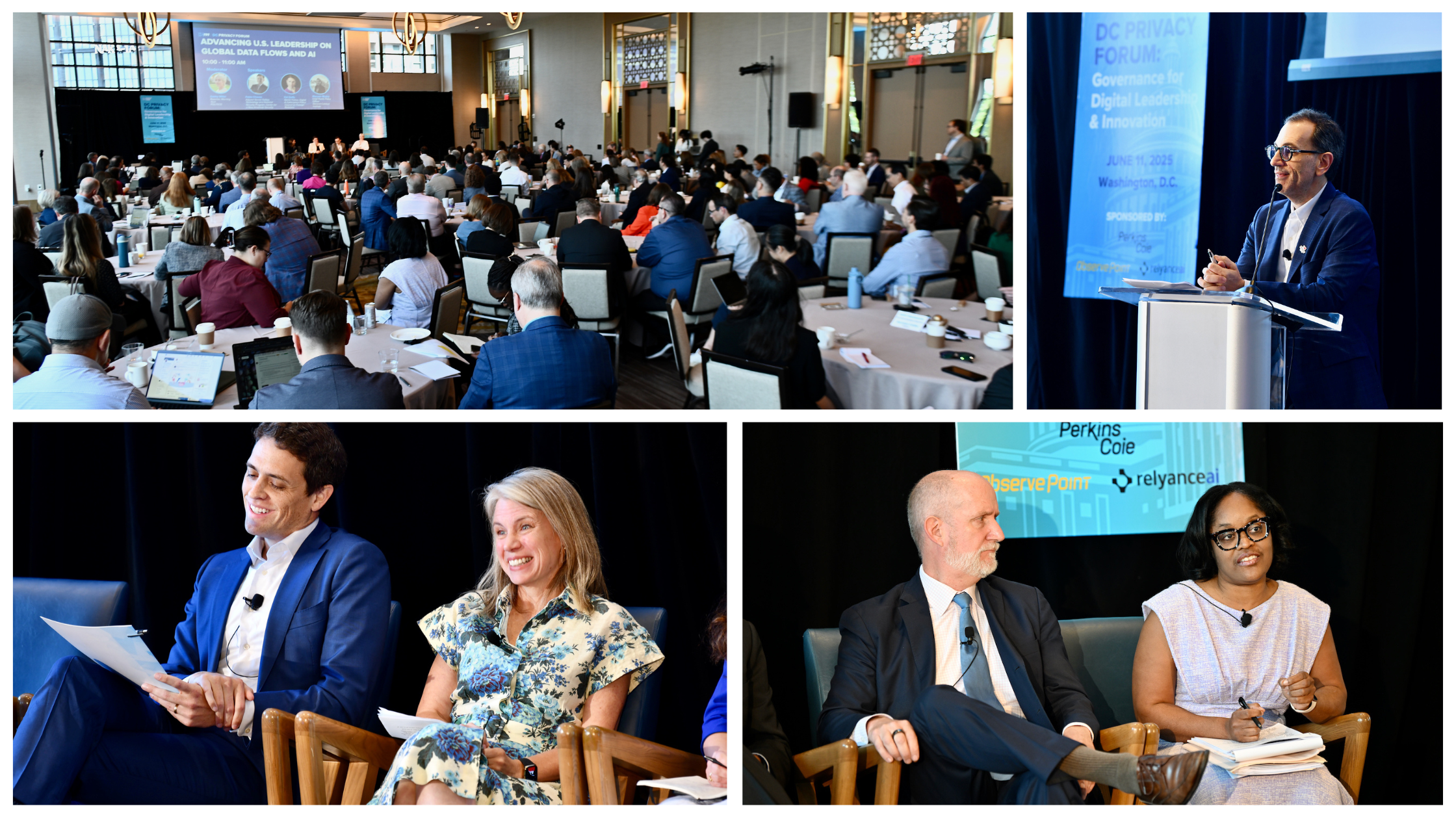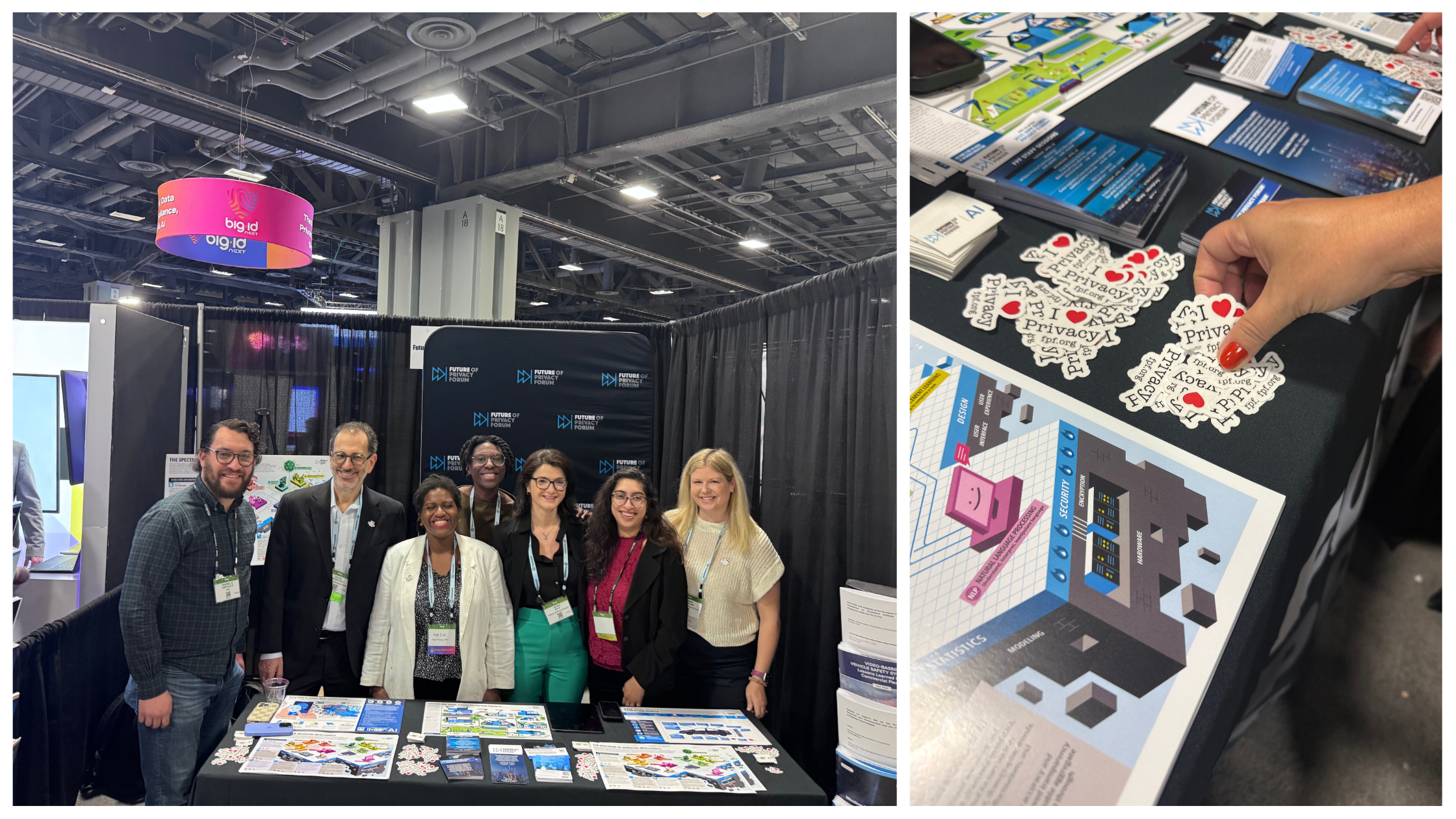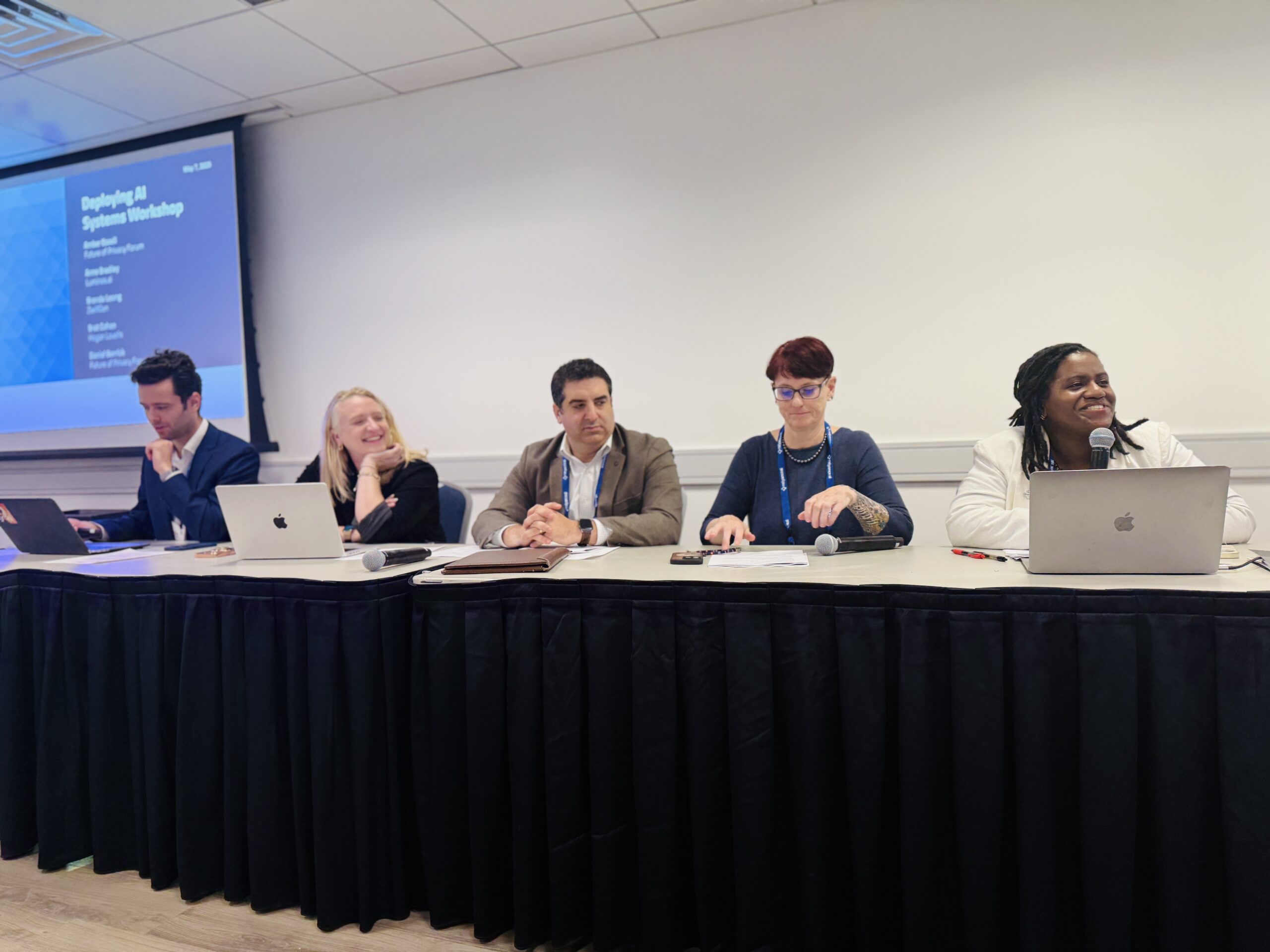
Understanding Japan’s AI Promotion Act: An “Innovation-First” Blueprint for AI Regulation
The global landscape of artificial intelligence (AI) is being reshaped not only by rapid technological advancement but also by a worldwide push to establish new regulatory regimes. In a landmark move, on May 28, 2025, Japan’s Parliament approved the “Act on the Promotion of Research and Development and the Utilization of AI-Related Technologies” (人工知能関連技術の研究開発及び活用の推進に関する法律案要綱) (AI […]

Annual DC Privacy Forum: Convening Top Voices in Governance in the Digital Age
FPF hosted its second annual DC Privacy Forum: Governance for Digital Leadership and Innovation on Wednesday, June 11. Staying true to the theme, this year’s forum convened key government, civil society, academic, and corporate privacy leaders for a day of critical discussions on privacy and AI policy. Gathering an audience of over 250 leaders from […]

Future of Privacy Forum Announces Annual Privacy and AI Leadership Awards
New internship program established in honor of former FPF staff Washington, D.C. – June 12, 2025 — The Future of Privacy Forum (FPF), a global non-profit focused on data protection, AI and emerging technologies, announced the recipients of the 2025 FPF Achievement Awards, honoring exceptional contributors to AI and privacy leadership in the public and […]

FPF Experts Take The Stage at the 2025 IAPP Global Privacy Summit
By FPF Communications Intern Celeste Valentino Earlier this month, FPF participated at the IAPP’s annual Global Privacy Summit (GPS) at the Convention Center in Washington, D.C. The Summit convened top privacy professionals for a week of expert workshops, engaging panel discussions, and exciting networking opportunities on issues ranging from understanding U.S. state and global privacy […]

Lessons Learned from FPF “Deploying AI Systems” Workshop
On May 7, 2025, the Future of Privacy Forum (FPF) hosted a “Deploying AI Systems” workshop at the Privacy + Security Academy’s Spring Academy, which took place at The George Washington University in Washington, DC. Workshop participants included students and privacy lawyers from firms, companies, data protection authorities, and regulatory agencies around the world. The […]

DBJ_Weld_Re-Identification
Analysis and Commentary: “Re-identification” of Governor William Weld ©DCB-J July, 2012 1 The “Re-identification” of Governor William Weld’s Medical Information: A Critical Re-examination of Health Data Identification Risks and Privacy Protections, Then and Now Author: Daniel C. Barth-Jones, M.P.H., Ph.D., Assistant Professor of Clinical Epidemiology, Department of Epidemiology, Mailman School of Public Health, Columbia University. […]

The Curse of Dimensionality: De-identification Challenges in the Sharing of Highly Dimensional Datasets
The 2006 release by AOL of search queries linked to individual users and the re-identification of some of those users is one of the best known privacy disasters in internet history. Less well known is that AOL had released the data to meet intense demand from academic researchers who saw this valuable data set as essential […]

FPF Launches Major Initiative to Study Economic and Policy Implications of AgeTech
FPF and University of Arizona Eller College of Management Awarded Grant by Alfred P. Sloan Foundation to Address Privacy Implications, and Data Uses of Technologies Aimed at Aging At Home The Future of Privacy Forum (FPF) — a global non-profit focused on data protection, AI and emerging technologies–has been awarded a grant from the Alfred […]

FPF and OneTrust publish the Updated Guide on Conformity Assessments under the EU AI Act
The Future of Privacy Forum (FPF) and OneTrust have published an updated version of their Conformity Assessments under the EU AI Act: A Step-by-Step Guide, along with an accompanying Infographic. This updated Guide reflects the text of the EU Artificial Intelligence Act (EU AIA), adopted in 2024. Conformity Assessments (CAs) play a significant role in […]

South Korea’s New AI Framework Act: A Balancing Act Between Innovation and Regulation
On 21 January 2025, South Korea became the first jurisdiction in the Asia-Pacific (APAC) region to adopt comprehensive artificial intelligence (AI) legislation. Taking effect on 22 January 2026, the Framework Act on Artificial Intelligence Development and Establishment of a Foundation for Trustworthiness (AI Framework Act or simply, Act) introduces specific obligations for “high-impact” AI systems […]
